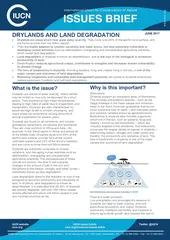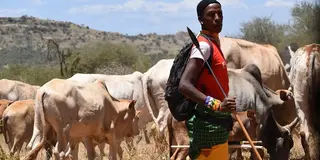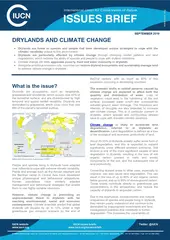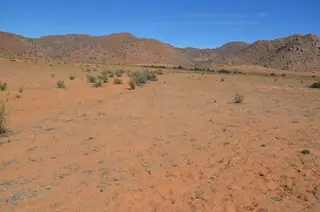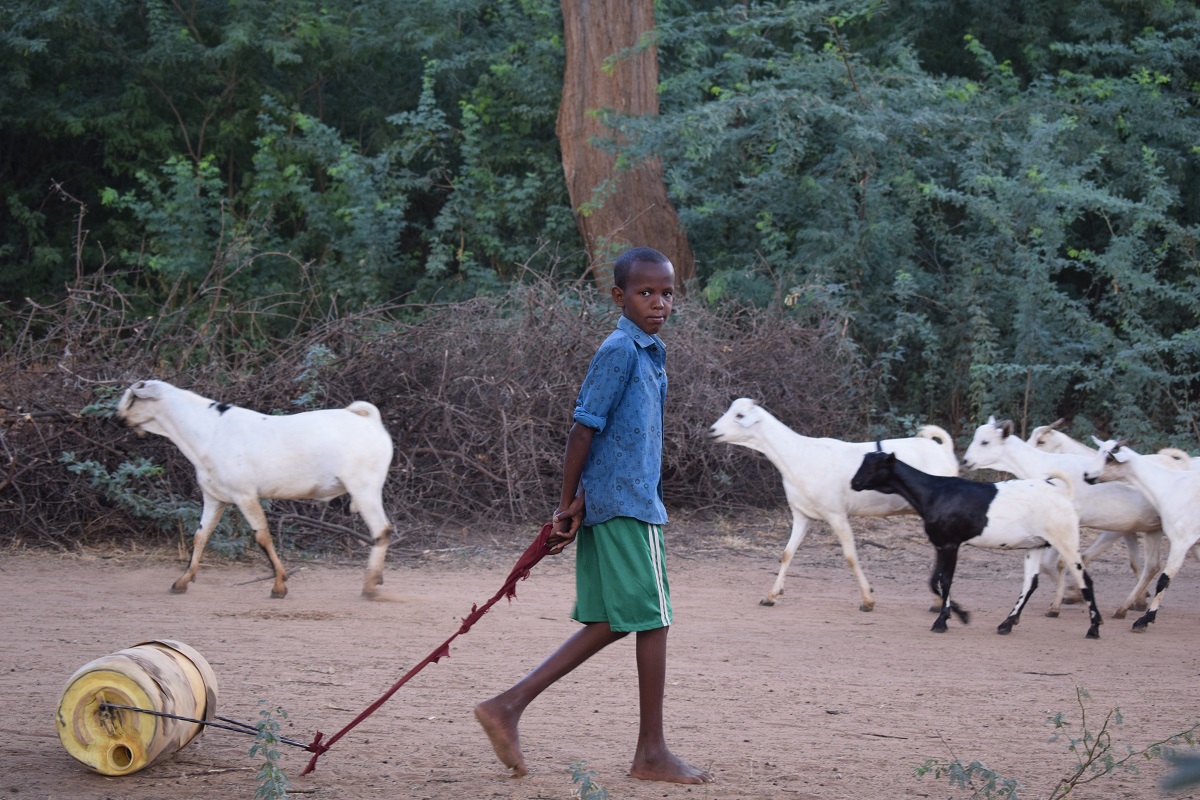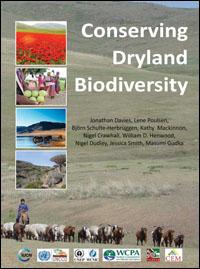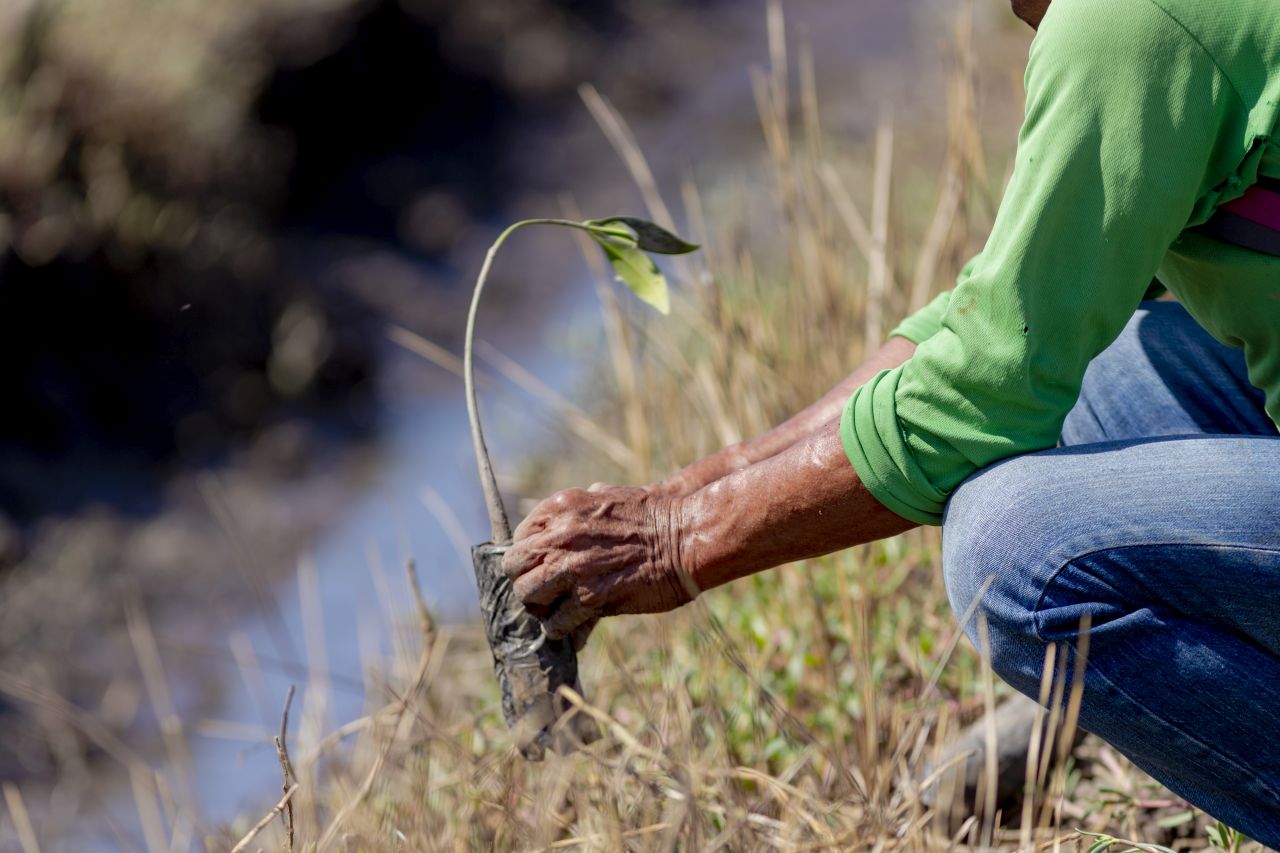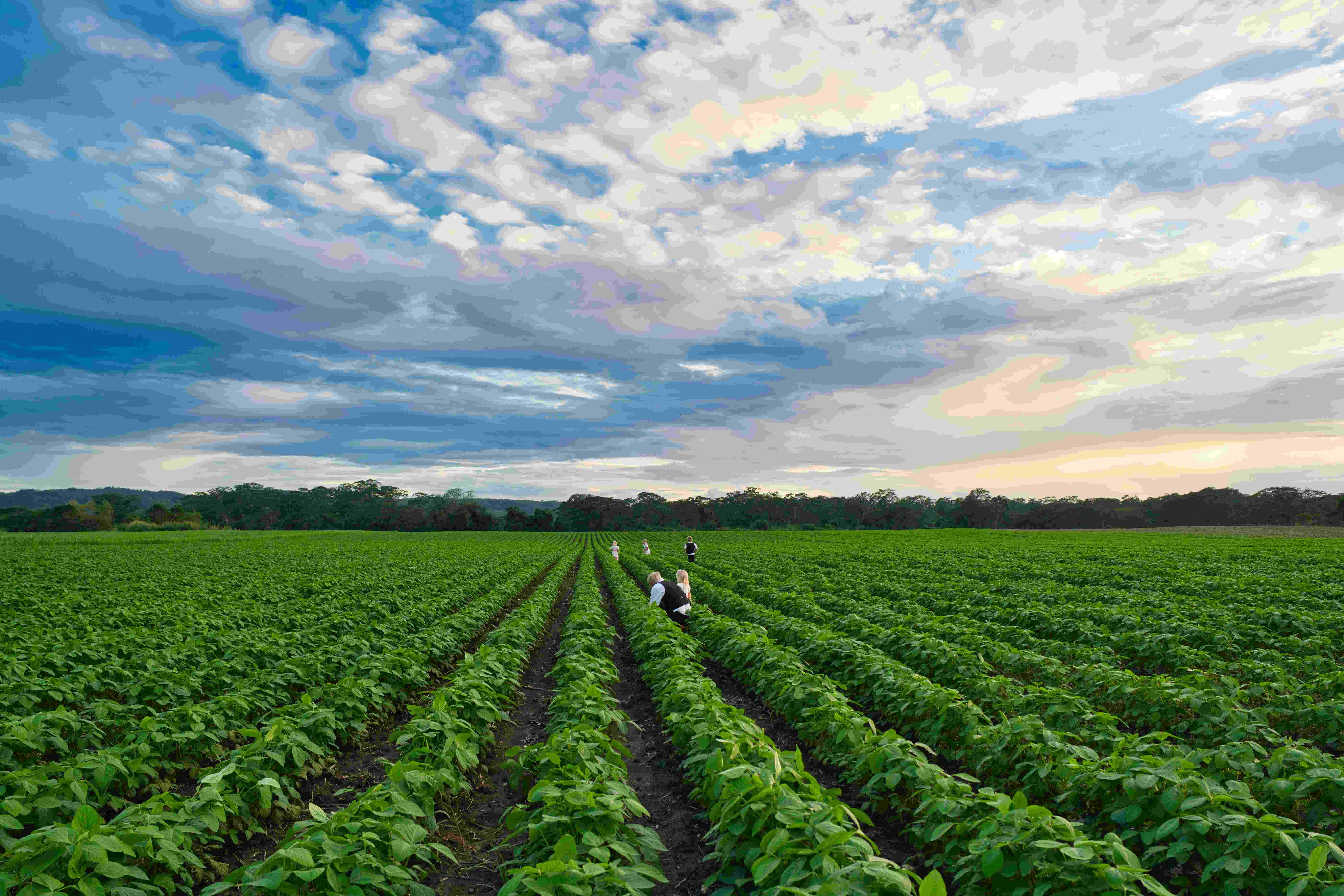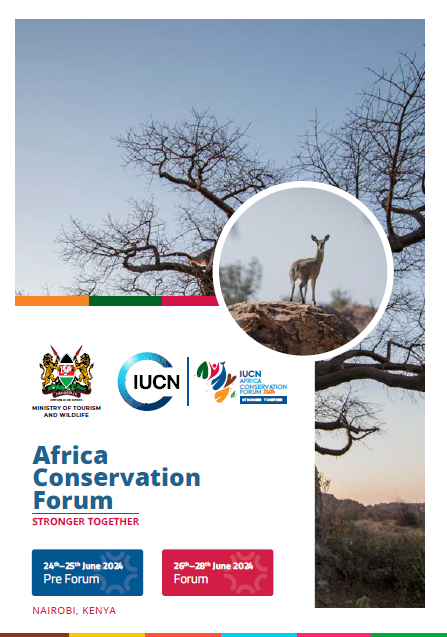The Global Drylands Initiative
The goal of the Global Drylands Initiative is to restore, sustainably manage and protect dryland ecosystems for multiple environmental, economic and social benefits. The Initiative supports countries to adapt ecosystem management policy and practice to the unique conditions of the drylands and to the evolving challenges that the drylands face.
Specifically, this Initiative has three strategic priorities:
-
Generate evidence for targeting and monitoring of dryland conditions and trends through adapted assessment approaches that operationalize current understanding on non-equilibrium dryland ecology.
-
Strengthen governance for sustainable land management by strengthening of resource rights, establishment of institutional mechanisms for ecosystem management, and development of enabling conditions for policy implementation and revision.
-
Promote policy implementation for dryland ecosystem management by enhancing the knowledge and capacity of various stakeholders to adapt policies and investments to the unique conditions of the drylands.
Further, as the IUCN Focal Point to the United Nations Convention to Combat Desertification, the Global Drylands Initiative leads IUCN's efforts to influence the global discourse on Land Degradation and Sustainable Land Management. In this case, the Initiative supports countries to implement their commitments to the Convention by demonstrating good practices on the ground, influencing the science-policy interaction of the Convention itself and working with other stakeholders to achieve Land Degradation Neutrality.
